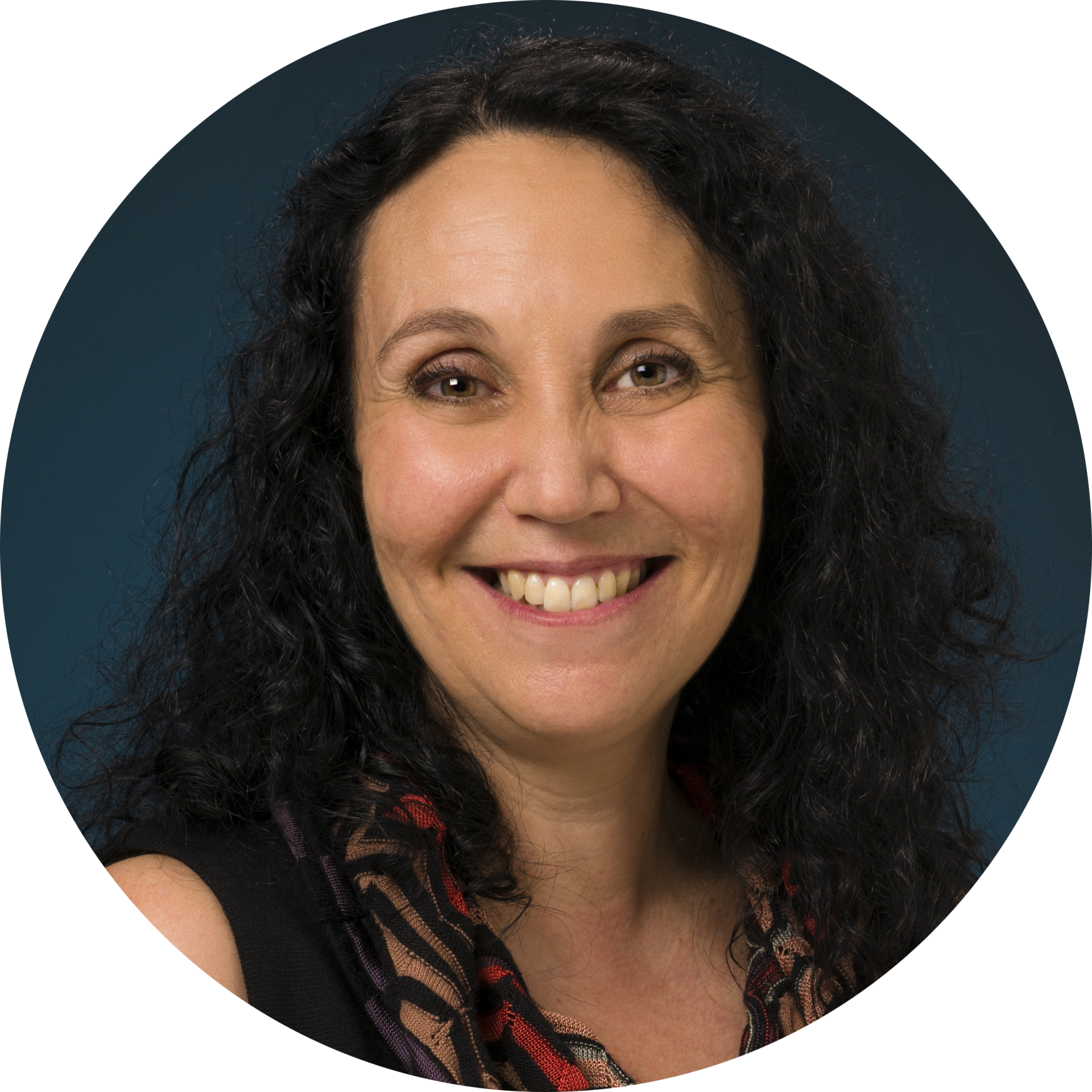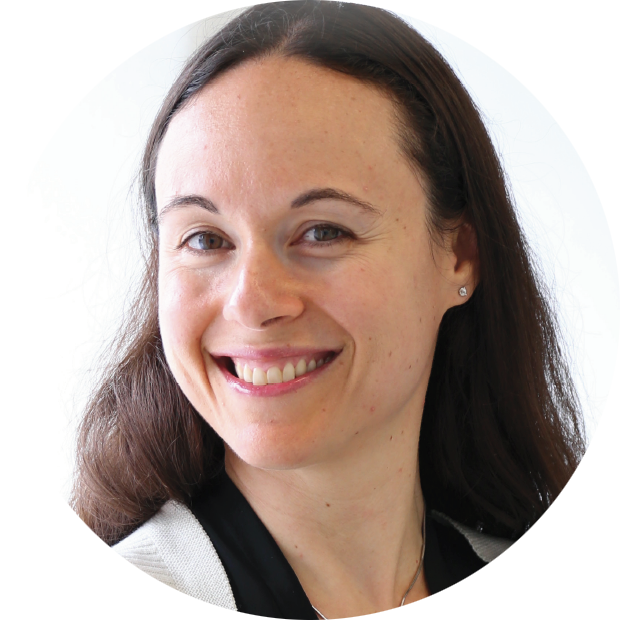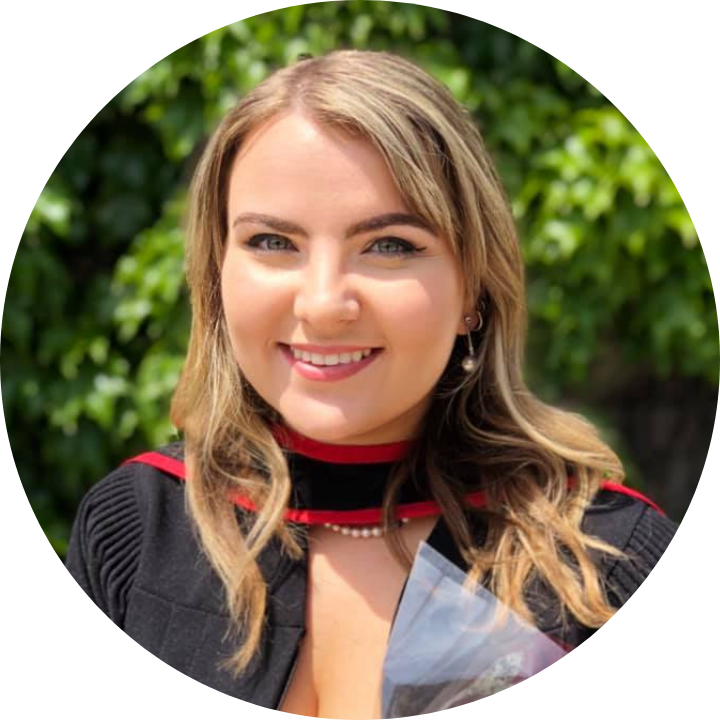

TAP Study
Treating Anxiety in Pregnancy
 **Study Update: MAY 2, 2023 - Recruitment for this study is closed.
**Study Update: MAY 2, 2023 - Recruitment for this study is closed.
About anxiety during pregnancy
Anxiety and depression with anxiety affect about 3/5 pregnancies. These mental health issues can start in pregnancy and can continue through to the postpartum.
Mental health issues that are not treated are associated with poor delivery outcomes (e.g. preterm birth, and low birthweight), ongoing mental illness, and negative effects on the child, which may include difficulty bonding between mother and baby, mental health concerns for the child later in life, and other concerns.
![]()
About MAPP therapy
 Our team has adapted a talk therapy treatment called Mindful Adaptive Practice in Pregnancy (MAPP), which can help women who are pregnant learn how to reduce their anxiety with MAPP very quickly. It is an exciting and innovative treatment because it is:
Our team has adapted a talk therapy treatment called Mindful Adaptive Practice in Pregnancy (MAPP), which can help women who are pregnant learn how to reduce their anxiety with MAPP very quickly. It is an exciting and innovative treatment because it is:
- Ultra-brief in duration (one month)
- Specific to pregnancy
- Delivered in a group format
- Provided over the internet and done from home.
Talk therapy is recommended to treat mental health problems but some treatments are not often utilized because they take time to learn and use. The COVID-19 crisis has added another layer of burden because in person treatment is not routinely available.
MAPP has the potential to make an impact on how anxiety is treated not only because it is a rapid treatment but also because by using the internet, we will be able to reach women all over the province including areas that are considered rural and or far from treatment centers. Women will learn a technique quickly and then be able to use it right away to help reduce their anxiety.
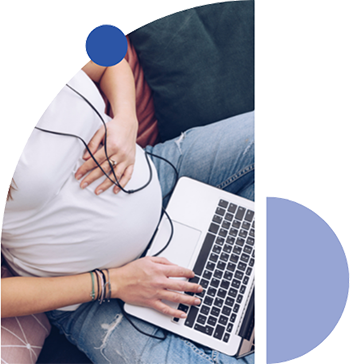 About this study
About this study
Investigators at Sunnybrook Research institute and Women’s College Research Institute are conducting the Treating Anxiety in Pregnancy (TAP) Study on MAPP therapy for pregnant women with anxiety, to determine how the treatment works in reducing anxiety.
The overall objective of this study is to assess if we can successfully recruit women to take part in a preliminary study assessing MAPP to determine appropriate process and that the treatment is adapted well for pregnant women. Study results will help guide the development of a large multi-site randomized controlled trial to determine how well MAPP can reduce anxiety.
What does participation involve?
Participants in this study will be randomly (50% chance) placed in one of 2 study groups.
If you are placed in the MAPP therapy group, you will be treated over 4 weeks and 5 sessions with a study therapist. Each of the 5 sessions will last approximately 2 hours. You will complete online questionnaires about your symptoms and your treatment before and after treatment so we can see how good the treatment is and then again 2 more times because we want to see if the benefits last. You will also be able to continue with the treatment advised by your doctor.
If you are placed in the control group, you will be able to continue with your doctor-advised treatments. We will not be providing additional treatment.
The time commitment for the questionnaires is around 20 minutes before your first session then again when treatment ends, 3 months after treatment, and 6 months after treatment (total of 4 times). You will receive a token of thanks ($15 gift card) each time you fill out the questionnaires.
Your participation is completely voluntary, and you can withdraw from the study at any time.
A more detailed description of the study can be found in the consent form.
![]()
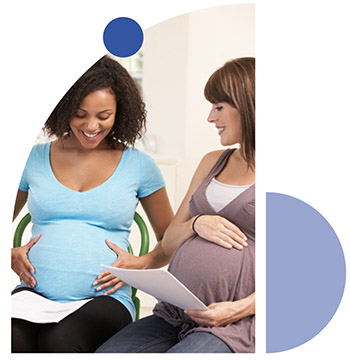 Eligibility
Eligibility
- Pregnant (At 12-30 weeks gestation).
- 18 years of age and older.
- Experience high anxiety.
- Have internet access with a camera, microphone, and ability to run the necessary software.
- Fluent in written and spoken English.
- Must provide the name and contact details of their primary health care provider / another contact who can provide primary health care details for emergency purposes or if we cannot reach you.
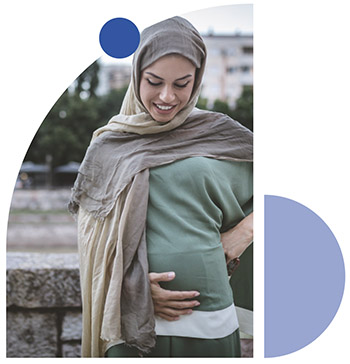 How to participate
How to participate
If you are interested, please fill out this preliminary screening questionnaire and provide your email when prompted:
![]()

If you have any further questions, feel free to contact us:
Principal Investigator:
Dr. Sophie Grigoriadis
sophie.grigoriadis@sunnybrook.ca
Research Assistant:
Morgan Sterling
morgan.sterling@sunnybrook.ca
Frequently asked questions
» How is anxiety typically treated?

Methods to reduce anxiety include the use of books, workbooks or phone applications that provide techniques, community resources (such as community support groups), or a physician visit for specific therapy, are also forms of treatment. Family physicians, obstetricians or midwives can further refer to a psychiatrist. Following a psychiatric consultation, a patient may be given resources and may be further referred for individual or group psychotherapy. Medication is reserved for moderate to severe anxiety in those diagnosed with an anxiety disorder or depressive disorder with prominent anxiety.
» Why is this study being done?
The purpose of this pilot trial is to determine if we can recruit for this study and collect all the outcome data. We also want to determine how much MAPP can reduce anxiety from the start of the study to the end of treatment in the treatment group versus the control group. We will use the information we gain to plan a large Randomized Control Trial to assess how well MAPP reduces anxiety.
» How many people will take part in this study?
It is anticipated that about 60 people will participate in this study recruited from 2 centres (Sunnybrook Health Sciences Centre and Women’s College Hospital) and from social media. The length of this study for participants is 26 weeks (the treatment is only 4 weeks but we will continue following women to ensure the effects last). The entire study is expected to take about 2 years to complete and the results should be known in 2.5 years.
» What are the benefits of participating in this study?
Participants may or may not benefit from participation in the study. Possible benefits may include reduction in, and improved ability to handle, anxiety. A small token of appreciation ($15 gift card) will be given at the completion of each set of questionnaires (a total of 4).
» What are the costs of participating in this study?
There are no costs associated with taking part in this study but you do need to have internet access. Depending on your plan, you may incur additional internet fees.
» What are the risks or harms of participating in this study?
We do not anticipate any side effects from receiving the psychotherapy but we will ask you questions about whether you think it has affected you in negative ways just to make sure. We will ask about whether you think the therapy made you worse, and more preoccupied with the anxiety and if the therapy is affecting your personal, family or work life. You will be told about any new information that might reasonably affect your willingness to continue to participate in this study as soon as the information becomes available to the study staff.
» What other choices are there?
If you decide not to participate in this study, and are concerned about the level of your anxiety, you can see your healthcare provider to determine what treatment you can access.
» Where can I find more detailed information on the study?
You can read the full consent form here:
» Who is eligible?
Requirements can be found here:
» I'm interested. Where do I sign up?
Thank you for your interest! Please fill out this preliminary questionnaire to assess your eligibility and we will be in touch shortly.
Meet our team
Dr. Sophie Grigoriadis
MD, MA, PhD, FRCPC
Head, Women's Mood and Anxiety Clinic: Reproductive Transitions;
Fellowship Director, Sunnybrook Health Sciences Centre;
Scientist, Sunnybrook Research Institute;
Associate Professor, Temerty Faculty of Medicine, University of Toronto
Dr. Steven Selchen
MD, MSt, FRCPC
Staff Psychiatrist, Sunnybrook Health Sciences Centre;
Director of Education, Frederick W. Thompson Anxiety Disorders Centre
Dr. Peggy Margaret Anne Richter
MD, FRCPC
Head, Frederick W. Thompson Anxiety Disorders Centre; Associate Scientist,
Sunnybrook Health Sciences Centre;
Professor, Department of Psychiatry,
Temerty Faculty of Medicine, University of Toronto
Dr. Neil Rector
PhD, C.Psychol., C.Psych.
Research Director, Frederick W. Thompson Anxiety Disorders Centre; Senior Scientist, Sunnybrook Health Sciences Centre; Professor, Department of Psychiatry, Temerty Faculty of Medicine, University of Toronto
Dr. Jon F.R. Barrett
MBBch, MD, MRCOG, FRCSC
Professor and FL Johnson Chair, Department of Obstetrics and Gynecology, McMaster University; Senior Scientist, Sunnybrook Health Sciences Centre
Dr. Anthony Levitt
MD, MBBS, FRCPC
Head, Brain Sciences, Scientist, Sunnybrook Health Sciences Centre; Professor, Department of Psychiatry, Temerty Faculty of Medicine, University of Toronto
Dr. Karen Fleming
Chief, Department of Family and Community Medicine, Affiliate Scientist, Sunnybrook Health Sciences Centre; Assistant Professor, Department of Family and Community Medicine, University of Toronto
Dr. Janet Bodley
MD, MEd, FRCSC
DAN Women & Babies, Sunnybrook Health Science Centre; Associate Professor, Department of Obstetrics and Gynecology, Temerty Faculty of Medicine, University of Toronto
Dr. Simone Vigod
MD, MSC, FRCPC
Chief of the Department of Psychiatry and
Shirley A. Brown Memorial Chair in Women’s Mental Health Research, Women’s College Hospital; Professor, Department of Psychiatry, Temerty Faculty of Medicine, University of Toronto
Dr. Cindy-Lee Dennis
PhD, MScN, BScN
Professor, Lawrence S Bloomberg Faculty of Nursing, University of Toronto; Women’s Health Research Chair, Li Ka Shing Knowledge Institute, St. Michael’s Hospital; Adjunct Professor, Department of Psychiatry, University of Toronto












